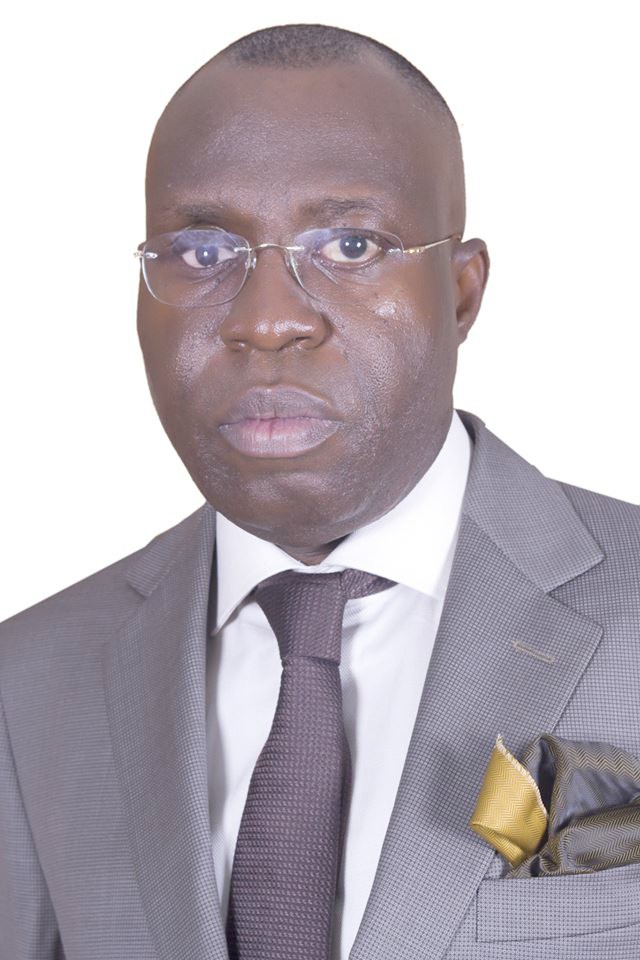SB 371: Social Safety Nets Service Bill, 2016
Download Bill Bill Analysis Download Bill Analysis Infograph
Sponsor:
Sen. Rilwan Adesoji Akanbi
State:
OYOParty:
ALL PROGRESSIVES CONGRESSBill Status: First Reading
- First Reading: 16/11/2016
- Second Reading:
- Committee Referred To:
- Consolidated with:
- Date Reported out of Committee:
- Third Reading:
- Reconsidered and Passed:
Bill Analysis:
SHORT TITLE
Social Safety Net Service Bill, 2016 (SB 371)
OBJECTIVES OF THE BILL
The objectives of the Bill are to provide for: -
- Reduction of hard core poverty among rural and urban vulnerable groups;
- Sustainable Development Goals; and
- Implementation of social protection systems and measures in Nigeria
NUMBER OF CLAUSES/PARTS
The Bill has 8 Clauses, including citation and explanatory memorandum
BILL IMPLICATIONS
Once the Bill becomes law: -
- Safety centers and units shall be created in all 36 States and 774 LGAs to address chronic poverty at State and Local Government levels;
- Social safety net programs shall be drawn up to engage in schemes that will graduate poor people from poverty;
- A register of beneficiaries will be created to keep a record of poor people admitted to the schemes.
GENERAL CONTENTS OF THE BILL
1. Establishment of the Social Safety Net Service (the Service):-
The Social Safety Net Service (“the Service”) shall be established as a department in the Federal Ministry of Budget and Planning and all the branches of the Ministry in the 36 States of the Federation. The Service shall create safety centers in the 36 States of the Federation and safety units in the 774 Local Government Areas (LGAs)
2. Functions of the Social Safety Net Service: -
The Bill under Clause 2 (a) – (o) lists the functions of the Service to include drawing up a social safety net program for each unit and engage in schemes that will lift the poor from poverty; creating a monitoring and evaluation unit that will monitor and assess projects, programs, beneficiaries and graduates from the social safety net program; and maintaining a register of beneficiaries and graduates from the social safety net programs.
3. Appointment of a Head for the Service: - Under Clause 3, a person shall be appointed by the Minister, who has experience in social welfare programs to head the Social Safety Net Service.
4. Social Safety Net Programs: - The various programs that would be run by the Service include: -
- Food transfer
- Cash transfers
- Credit schemes
- Conditional subsidy programs
- Rural maintenance programs
- Unemployment housing programs and homeless shelters, etc.
5. Irrelevant Social Safety Net Programs: - Clause 5 of the Bill provides that one or more programs may be discontinued if they become irrelevant or does not meet the changing demands of the objectives and functions of the Service
6. Criteria for Selecting Beneficiaries of the Safety Net Program: The Service shall deploy several criteria to select beneficiaries for the safety net programs. Some of the criteria are: -
- Destitute woman-headed family
- Households that lack productive assets
- Households with monthly income less than N5,000
- Households where principal occupation of the head is day labor, etc.
6. Prerequisite for Selection into one or more Social Safety Net Programs: –
Under Clause 7, a prospective beneficiary must be a permanent resident in the area where the safety center or safety unit is situated and shall not be a beneficiary of another program organized by a Non-Governmental Organization. Where the prospective beneficiary is a young person of reproductive age, they must be mentally and physically capable of doing laborious work.
ANY SIMILAR EXISTING BILL
A similar Bill is the National Social Security and Welfare Board Bill, 2015 (HB 324), sponsored by Hon. Lynda Chuba Ikpeazu
CONCLUDING ISSUES
The Social Safety Net Service Bill is geared towards setting up social safeguards for the less privileged person and vulnerable groups in Nigeria. It is a pro-poor Bill, which affect to the Sustainable Development Goals (SDGs). Its main objective is to graduate poor people from poverty through safety net programs and running grass root schemes that would adequately target and reach individuals better. Passing the Bill would put Nigeria on course with other countries striving to achieve the SDGs.
The Bill is needed to address extreme poverty in Nigeria; however a similar and more elaborate Bill is before the House of Representatives. It is advisable that both Houses harmonize the two Bills and adopt a single Bill for transmission to the President for assent.
Infographic:
